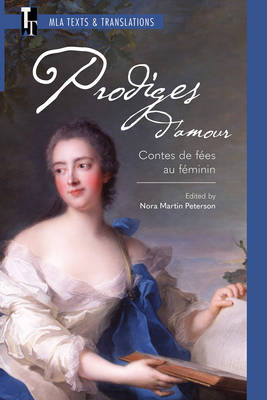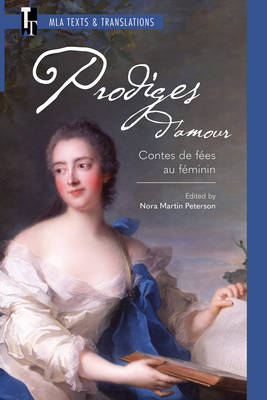
- Retrait gratuit dans votre magasin Club
- 7.000.000 titres dans notre catalogue
- Payer en toute sécurité
- Toujours un magasin près de chez vous
- Retrait gratuit dans votre magasin Club
- 7.000.0000 titres dans notre catalogue
- Payer en toute sécurité
- Toujours un magasin près de chez vous
Description
Before children's stories came to exemplify the French fairy tale, early modern audiences read the works of women writers known as conteuses. From the late seventeenth century through the Revolution, the conteuses published rich, complex tales that were popular in literary salons and elite courtly settings.
These unpredictable works feature candid representations of female desire, strong support for the education of women, and surprising twists on the fairy tale formulas familiar to readers of Charles Perrault. Not only witty and entertaining, the tales also comment on the unfair treatment of women that the authors saw in society, history, and myth.
Brief biographies introduce to new audiences writers who challenged social conventions, won popular and critical acclaim, and defined the fairy tale genre in their own time.
Spécifications
Parties prenantes
- Editeur:
Contenu
- Nombre de pages :
- 288
- Collection :
Caractéristiques
- EAN:
- 9781603295710
- Date de parution :
- 12-11-21
- Format:
- Livre broché
- Format numérique:
- Trade paperback (VS)
- Dimensions :
- 140 mm x 213 mm
- Poids :
- 362 g

Les avis
Nous publions uniquement les avis qui respectent les conditions requises. Consultez nos conditions pour les avis.





